Kidneys play a pivotal role in maintaining your body’s overall health by filtering waste and excess substances from your blood. To promote optimal kidney function, integrating kidney-friendly foods into your diet is essential. With an increasing number of individuals facing conditions like chronic kidney disease, understanding the impact of nutrition on kidney health has never been more crucial. By focusing on a nutritious diet tailored for kidney health, you can support your well-being and prevent potential complications.
Kidney Friendly Foods: Eat Smart for Better Kidney Health
Understanding Kidney Health and Nutrition
Before delving into specific dietary recommendations, it’s important to grasp the amazing role your kidneys play in your body. The kidneys filter about 50 gallons of blood each day, cleaning out waste products and balancing fluids. Unfortunately, unhealthy lifestyles and dietary choices can exacerbate kidney problems, leading to serious conditions such as chronic kidney disease (CKD) and hypertension.
That’s why incorporating foods beneficial for kidney health into your diet can significantly impact your quality of life. These foods can help reduce the risk of developing kidney disease and support those already managing a kidney condition.
CKD and Its Nutritional Needs
Chronic kidney disease affects millions of people worldwide, demanding dietary adjustments to help manage symptoms and progression. It’s vital that individuals with CKD monitor their intake of sodium, potassium, phosphorus, and protein, as the kidneys may have difficulty processing these nutrients.
- Low-sodium foods help prevent fluid retention and high blood pressure.
- Foods low in potassium and phosphorus ensure no overload on kidneys.
- Controlled protein intake reduces strain on the kidneys.
The Best Foods for Your Kidneys
Including a variety of kidney-friendly foods in your diet can provide crucial nutrients without overtaxing your kidneys. Here are some top foods you should consider:
1. Berries
Berries, such as blueberries, strawberries, and cranberries, are low in potassium and can be a delicious addition to a kidney-friendly diet. These fruits are rich in vitamins, fiber, and antioxidants, which combat oxidative stress and inflammation, a common concern for those with kidney issues.
2. Cabbage
High in vitamins K, C, and B6, cabbage is a low-potassium vegetable perfect for maintaining kidney health. It’s versatile and can be used in salads, stews, or even roasted for a tasty side dish. Not only is cabbage nutrient-dense, but it is also affordable and widely available.
3. Red Bell Peppers
Red bell peppers are low in potassium but bursting with vitamins A, C, B6, folic acid, and fiber. They add flavor and nutrition to any meal while providing substances that help neutralize free radicals and reduce inflammation.
Foods to Avoid for Optimal Kidney Health
On the flip side, certain foods should be limited or avoided to ensure your kidneys remain healthy and functional. Here’s a list to consider:
1. Processed Foods
High in sodium and phosphorus, processed foods such as fast food and instant meals are particularly harmful to kidney health. They contribute to high blood pressure and fluid retention, escalating the risk of kidney damage.
2. Soda and Sugary Drinks
Sugary beverages and sodas can lead to diabetes and obesity, two major risk factors for kidney disease. Opting for water or healthier alternatives can make a huge difference in maintaining kidney health.
3. High-Phosphate Foods
Foods rich in phosphorus like nuts, seeds, and certain dairy products can be taxing on your kidneys, especially if they are already weakened. Monitoring phosphorus intake is crucial for individuals with kidney problems.
Creating a Balanced Kidney-Friendly Diet
Crafting a diet that supports kidney health involves combining these beneficial foods while avoiding harmful ones. Here are some tips for creating a balanced diet:
- Focus on fresh, home-cooked meals to control ingredient quality.
- Use herbs and spices, like garlic, instead of salt for flavor.
- Increase your intake of refined grains, as they often contain less potassium and phosphorus.
Meal Planning for Kidney Health
Meal planning is an effective way to ensure you’re consuming a variety of nutrients while maintaining a kidney-friendly diet. Start by selecting recipes that integrate fruits, vegetables, lean proteins, and whole grains, all while keeping sodium and phosphorus in check.
Conclusion: Stay Informed, Stay Healthy
By understanding the profound impact of nutrition on kidney health, you can take proactive steps to support your well-being. Incorporating kidney-friendly foods and avoiding those that may cause harm will make a significant difference. Remember, small dietary changes can lead to meaningful long-term benefits.
For further insights, check our latest posts on nutrient-dense recipes and learn more about maintaining balance in your diet. Now is the perfect time to make mindful choices that benefit your kidneys and overall health.
What changes will you make to your diet? Let us know in the comments below! Don’t forget to share this post and subscribe for more nutrition tips and advice for maintaining kidney health.
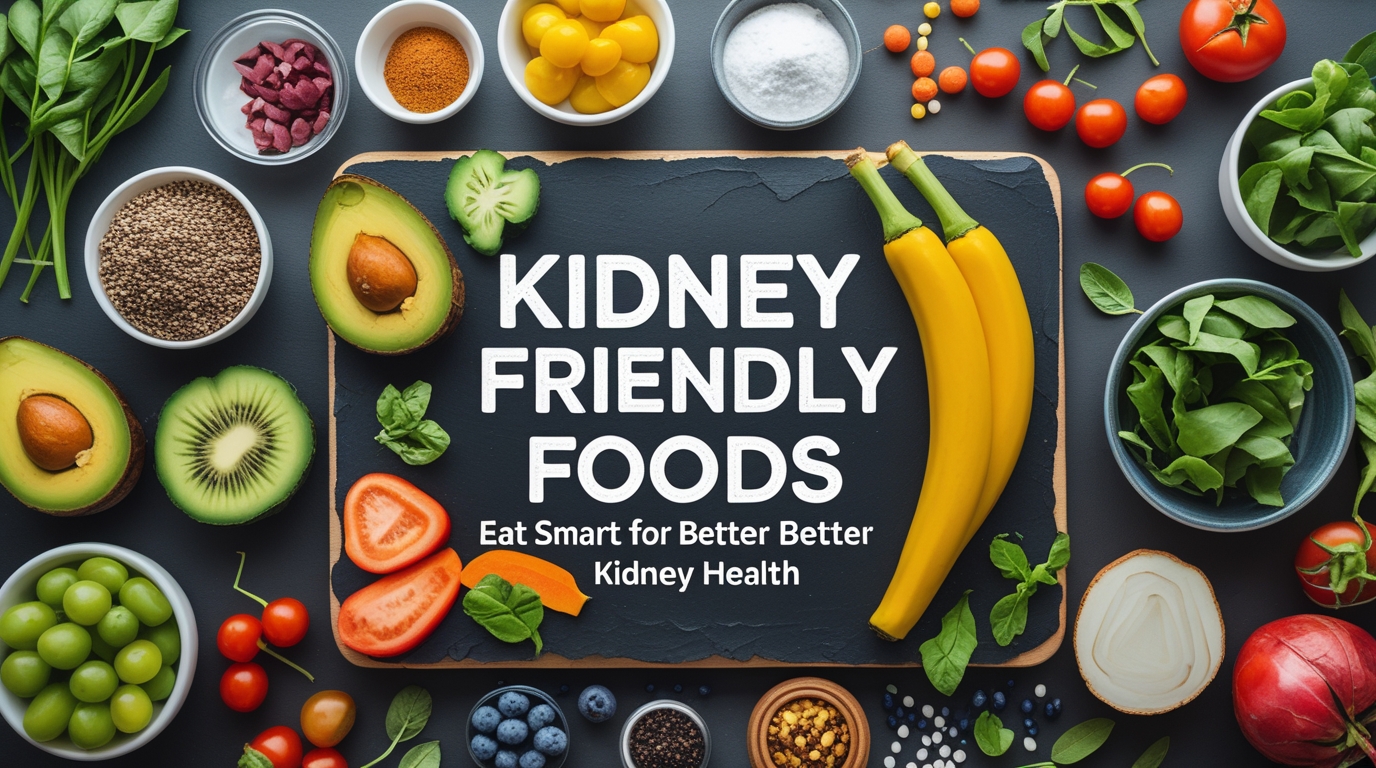
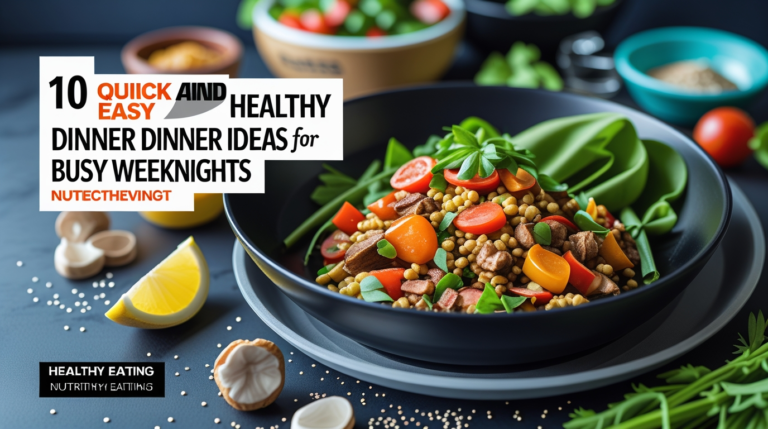
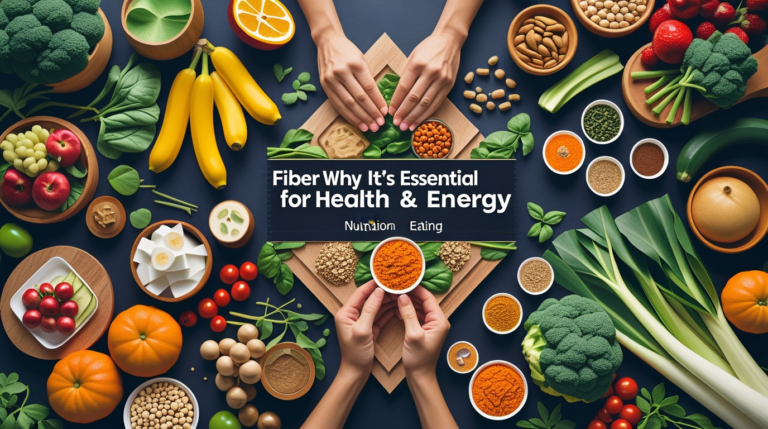
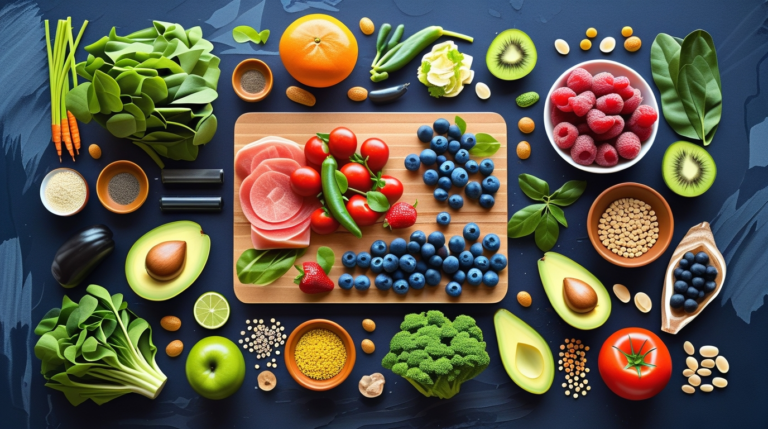
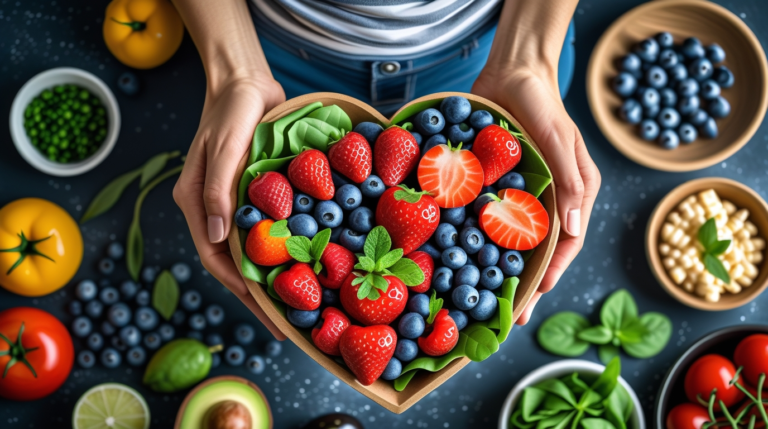
Leave a Comment